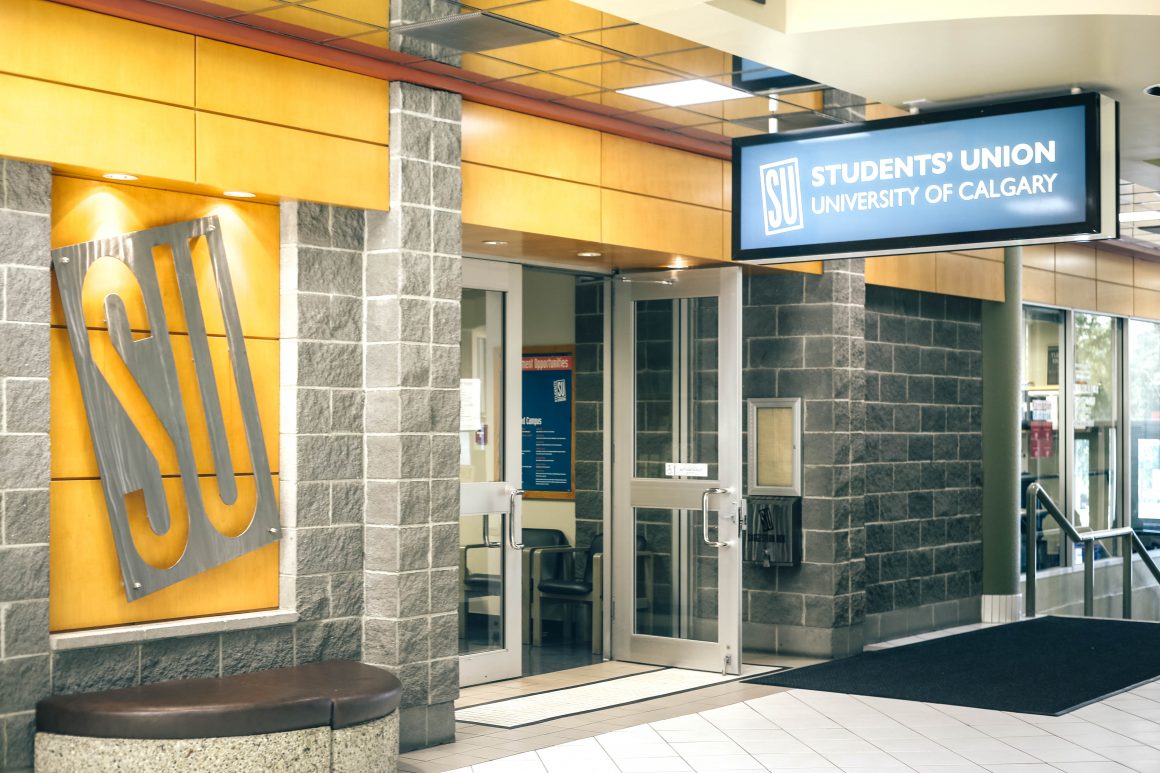
SLC passes amendment to conflict of interest bylaw, among other policy changes
By Sean Willett, June 21 2017 —
Multiple amendments to union policy, procedure and bylaws were tabled and approved over the last two sessions of Students’ Legislative Council.
The most important change was the amendment to the conflict of interest policy in the Students’ Union’s bylaws. The modified section used to read:
“Elected and appointed officials, the Speaker, Chief Returning Officer, Review Board Members and Tribunal Members shall not engage in any business or transaction of a financial or personal nature that may compromise, or be perceived to compromise, the fair and honest discharge of their duties.”
After the approved amendment on June 20, the phrase “of a financial or personal nature” was changed to “involving a private interest or benefit.” SU vice-president operations and finance Ryan Wallace explained that this change intends to clarify that conflicts of interest don’t always involve money.
“Personal interest or benefit can be outside of financial gain,” he said. “For example, it could be considered a conflict of interest if somebody is going to receive a promotion if something goes through on a committee.”
Wallace stated that this clarification was needed to assist in the ongoing development of an SLC code of conduct. The SU began working on a code of conduct last year, which will standardize expectations and repercussions for SLC members.
“We really need to make sure conflict of interest is ingrained in our bylaws before we start determining what the code of conduct is going to look like for our elected officials,” said Wallace. “Conflict of interest is a major issue on any sort of board, so it’s important this is crystal clear for everyone.”
SLC approved small changes to SU policy during its June 13 session. The Policy Development and Research Committee’s Terms of Reference now call for weekly meetings instead of biweekly and added the SLC deputy speaker to the PDRC as a non-voting member.
“Our speakers are really important in the governing process,” said Wallace. “We wanted to make sure the deputy speaker was included in the PDRC membership list so that we have a more diverse student voice.”
The attendance policy for General Faculty Council members was also modified to expand religious convictions as a ground for excusal. Before, only religious holidays were specified as a valid excuse. The policy now recognizes events such as religious ceremonies.
“We’re really trying to make sure we’re as inclusive as possible,” Wallace said. “In the event that someone does need to be excused due to a religious conviction, they should feel empowered to act on it.”
Amendments were also made to the language of several SU procedures. The Policy Proposal Submission Procedure was expanded to include more details of the process that goes into evaluating student submissions. A change was made to the SLC Complaint Procedure to clarify the council’s right to send complaints to the SU’s review board. Finally, the Teaching Excellence Awards Procedure was modified to affirm the eligibility of TAs to be nominated for an award, as a response to feedback from last year’s Teaching Excellence Awards Nomination Committee.
“We felt that TAs deserve proper recognition,” Wallace explained. “The Teaching Excellence Awards are there to recognize teachers, and teachers aren’t just professors. So we really wanted to make sure the procedure was all-encompassing.”
